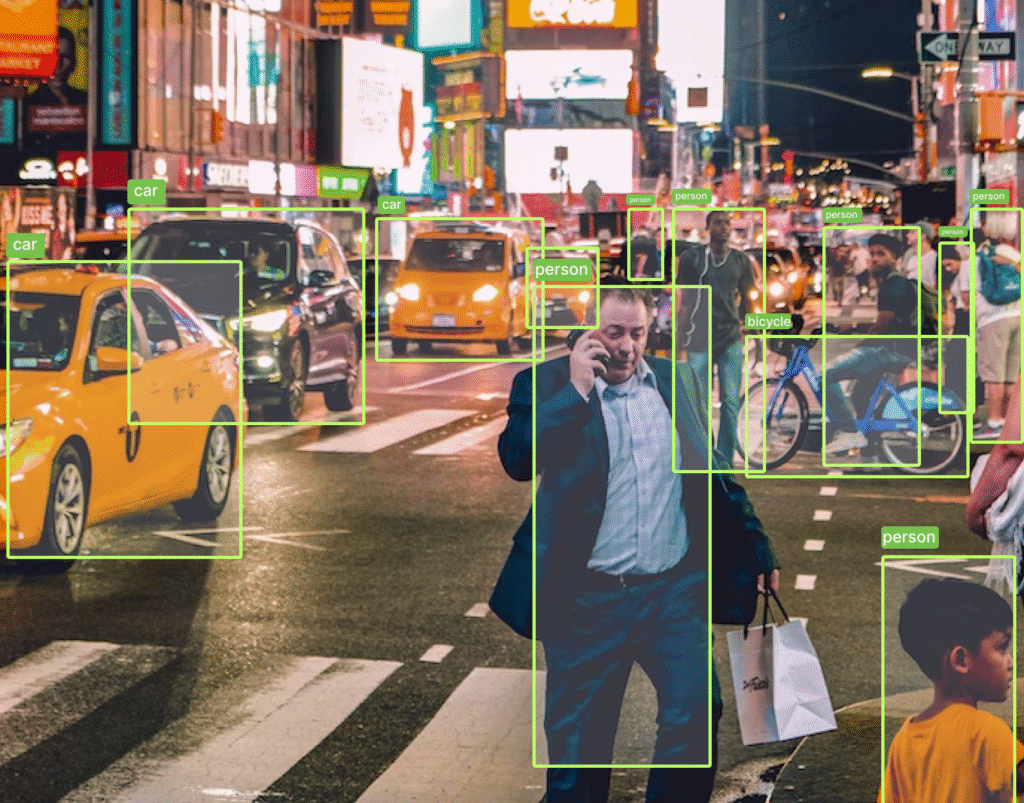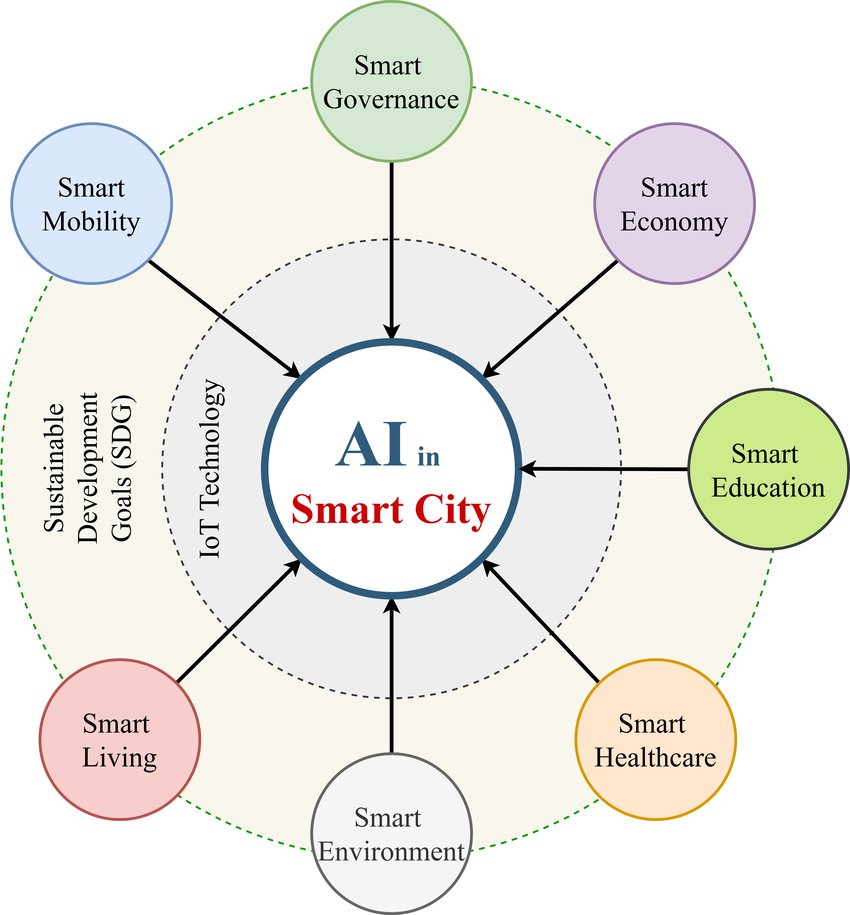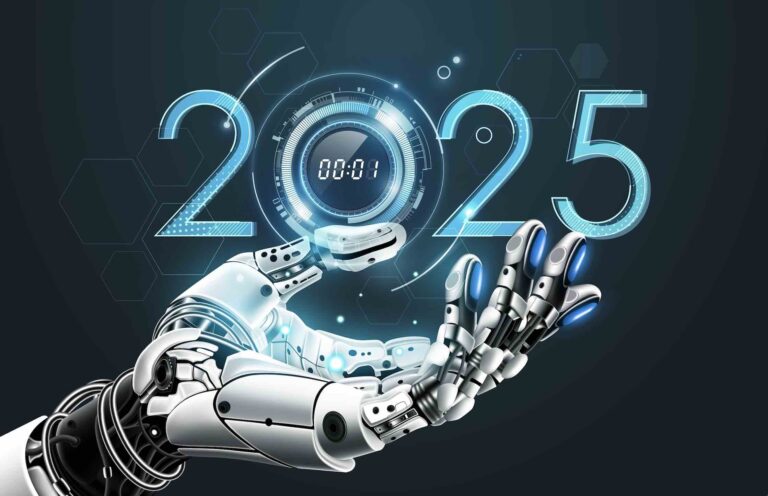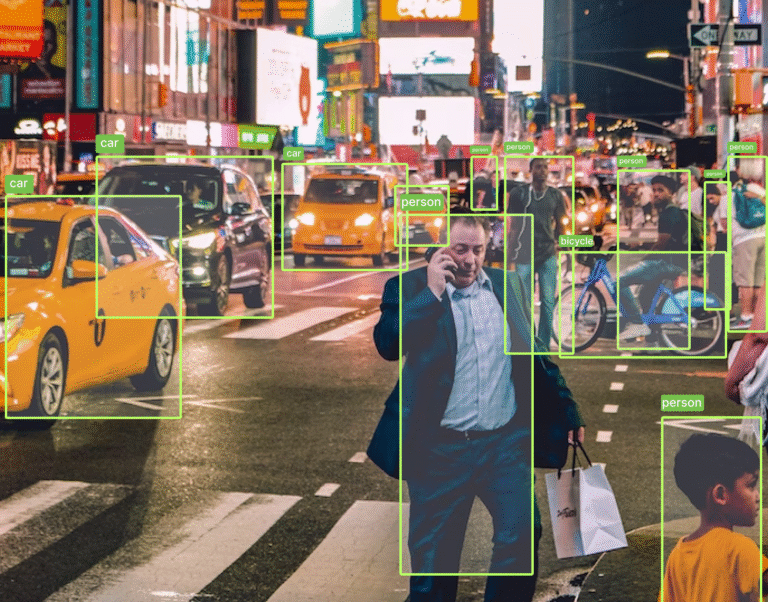
AI Smart City: The Future of Urban Living
In recent years, the idea of an AI smart city has evolved from a futuristic vision into a tangible goal for governments and urban planners around the world. As populations grow and the demands on infrastructure, resources, and services intensify, cities must become more intelligent, efficient, and adaptive. Enter artificial intelligence (AI), the cornerstone of the next urban revolution. In this comprehensive guide, we delve deep into the concept of the AI smart city, exploring how machine learning and artificial intelligence are shaping the cities of tomorrow.

What Is an AI Smart City?
An AI smart city leverages artificial intelligence to optimize infrastructure, public services, and resource management. It integrates data from a wide variety of sources—traffic systems, utility grids, weather stations, and even social media—to make data-driven decisions that improve urban living.
The goal is to use AI to enable real-time analysis and predictive modeling, thereby making cities safer, more sustainable, and more responsive to citizen needs.
The Role of Artificial Intelligence in Smart Cities
Artificial intelligence is not a standalone solution; it is a network of interconnected technologies that drive smart solutions. Here are some of the ways in which artificial intelligence benefits smart cities:
1. Smart Traffic Management
Using AI algorithms, cities can analyze traffic flow in real-time. This enables dynamic traffic light control, predictive maintenance of infrastructure, and optimized public transportation routes.
2. Efficient Energy Management
AI smart cities can significantly reduce energy consumption by optimizing electricity usage in buildings and monitoring grid performance. AI can predict peak demand periods and help balance loads efficiently.
3. Predictive Maintenance
Infrastructure like roads, bridges, and buildings can be monitored using sensors and AI to predict when repairs are needed, reducing downtime and increasing safety.
4. Public Safety and Surveillance
Artificial intelligence is widely used in surveillance systems to recognize unusual behavior, detect threats, and assist law enforcement in real-time.
5. Waste Management
AI-powered sensors and robotics can optimize waste collection routes and even sort recyclables more effectively.
AI Benefits for Citizens and City Management
The AI smart city isn’t just about technology; it’s about improving quality of life. Here are some key AI benefits for everyday citizens:
- Faster emergency response times
- Cleaner air and water through environmental monitoring
- More efficient public transportation
- Better healthcare access and delivery
- Greater civic engagement through AI-driven communication tools
City managers also benefit from reduced costs, enhanced decision-making, and increased transparency.
Real-World Examples of AI Smart Cities
Singapore
Singapore is often cited as a leading AI smart city. The city-state uses AI to manage traffic, monitor air quality, and even predict dengue outbreaks.
Barcelona
Barcelona integrates artificial intelligence into energy, transportation, and water systems. AI helps optimize street lighting and irrigation systems based on real-time needs.
Dubai
Dubai is partnering with top AI companies to build a fully integrated smart city. From AI-powered police robots to blockchain-based governance, Dubai is a model of innovation.

Toronto
Toronto’s Quayside project aimed to create a data-driven, AI-powered neighborhood to set a benchmark for future developments.
The Technology Behind AI Smart Cities
To build an AI smart city, you need more than just a vision. You need an ecosystem of technologies:
- IoT Devices: Collect real-time data from physical environments.
- Cloud Computing: Provides the storage and processing power necessary for large-scale AI tasks.
- Machine Learning and Artificial Intelligence: Analyze data, recognize patterns, and make predictions.
- Edge Computing: Enables real-time decision-making closer to the source of data.
These technologies work together to create AI systems that can adapt to changing urban conditions in real-time.

Challenges and Ethical Considerations
While the potential of AI smart cities is immense, several challenges remain:
- Data Privacy: With constant surveillance and data collection, protecting citizen privacy is paramount.
- Bias in AI: Algorithms must be trained on diverse datasets to avoid systemic bias.
- Digital Divide: Ensuring equal access to technology for all citizens is crucial.
- Security Risks: AI systems must be safeguarded against hacking and misuse.
These challenges require collaboration between technologists, policymakers, and citizens to ensure that artificial AI serves everyone fairly.
The Role of AI Companies in Smart Cities
Every AI smart city initiative needs support from specialized AI companies that offer domain expertise and scalable solutions. These companies work on:
- Urban planning simulations
- AI-based healthcare systems
- Predictive policing tools
- Sustainable energy models
By collaborating with both public and private sectors, these firms use AI to create customized solutions tailored to specific urban challenges.
About Artificial Intelligence in Governance
Smart governance is at the heart of a successful AI smart city. AI tools can:
- Streamline bureaucratic processes
- Enhance public participation through chatbots and digital assistants
- Optimize budget allocations using predictive analytics
Governments can use AI not only for internal efficiency but also to enhance transparency and citizen trust.
Future Outlook: What Comes Next?
The AI smart city is not a fixed concept but an evolving one. As technologies like quantum computing and 6G wireless networks mature, the capabilities of smart cities will expand dramatically.
Expect innovations in:
- AI-driven urban agriculture
- Personalized public services
- Real-time climate adaptation
- Autonomous public transit
The goal is to continually create AI systems that anticipate needs, rather than simply respond to them.
FAQ: AI Smart City
Q1: What makes a city an AI smart city?
An AI smart city uses artificial intelligence to optimize services such as transportation, healthcare, energy, and public safety. It relies on data integration and real-time analytics to make decisions that improve urban life.
Q2: How does AI benefit residents in smart cities?
AI improves emergency response times, enhances air and water quality, optimizes transportation, and offers better access to public services.
Q3: Are AI smart cities safe?
While AI can enhance public safety, it also raises concerns about data privacy and cybersecurity. Safeguards and regulations are essential.
Q4: Which technologies are essential for AI smart cities?
Key technologies include IoT, cloud computing, machine learning, edge computing, and data analytics platforms.
Q5: Can AI smart cities help the environment?
Yes, by optimizing resource use, monitoring pollution, and managing energy consumption, AI smart cities contribute to environmental sustainability.
Q6: What role do AI companies play in smart cities?
AI companies provide the technology, tools, and expertise required to implement AI solutions across various urban sectors.
The future of urban development lies in the intelligent integration of technology. The AI smart city is no longer a theoretical construct but a living, evolving entity designed to meet the complex challenges of modern urban life. With thoughtful implementation and ethical governance, the promise of a smarter, safer, and more sustainable world is well within reach.




